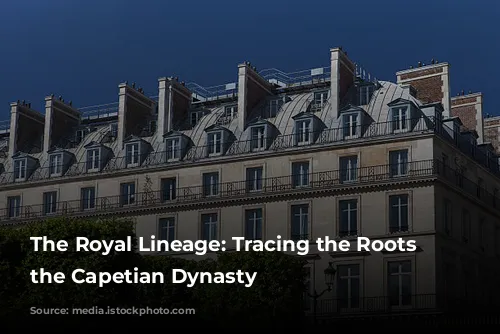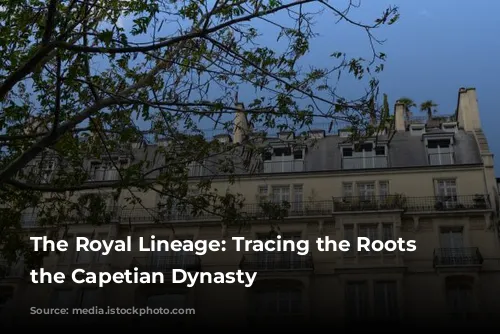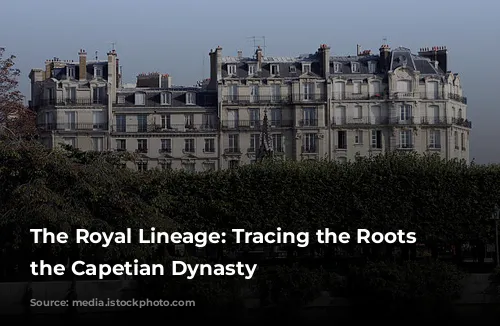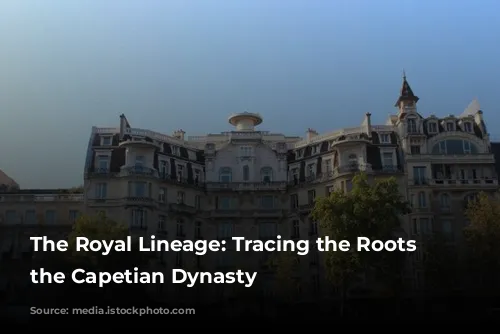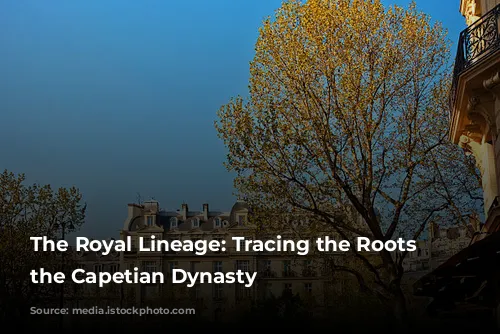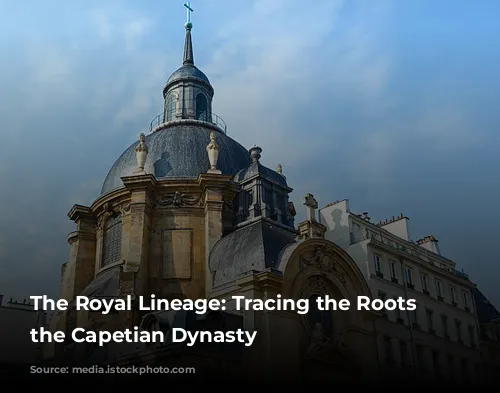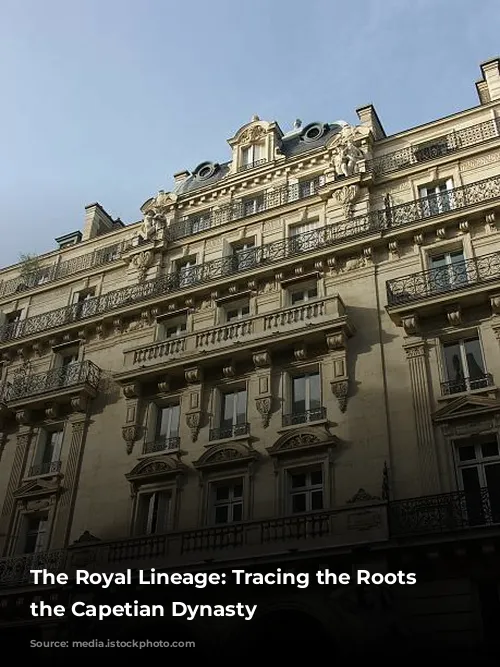The Capetian dynasty, one of the most prominent in European history, left an indelible mark on France and beyond. But who were their ancestors, and how did they rise to such power? Let’s embark on a fascinating journey through time, exploring the Robertian family—the family tree that eventually gave birth to the French monarchy.
The Robertians: A Family of Power
The Robertians, often referred to as the Robertines, are believed to be the ancestral family of the Capetians. Their story begins in the heart of West Francia, a region that would later become France, during the reign of the mighty Carolingian dynasty. The Capetians emerged as powerful nobles, serving under the Carolingians. As their influence grew, they gradually challenged the established order, ultimately seizing the crown from the Carolingian rulers. Hugh Capet, who reigned from 987 to 996, marked the beginning of the Capetian dynasty’s uninterrupted reign over France.
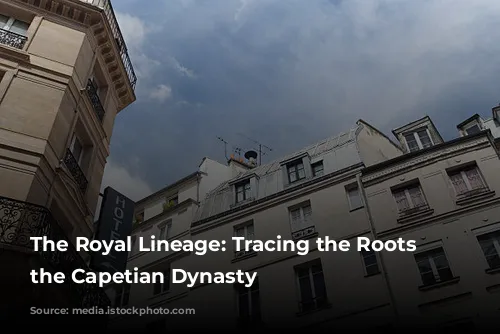
Tracing the Lineage: From Robert the Strong to Hugh Capet
Hugh Capet’s family history can be traced back to his great-grandfather, Robert the Strong, a prominent figure in the 9th century. Although Robert’s origins are shrouded in mystery, medieval records suggest he may have hailed from East Francia, in present-day Germany. Regino of Prüm, a chronicler of the time, mentioned that Robert’s son, Odo, was related to Count Meingaud, a powerful figure in an area near Worms. The use of names like Robert and Odo within Meingaud’s family further fuels speculation about a possible connection.
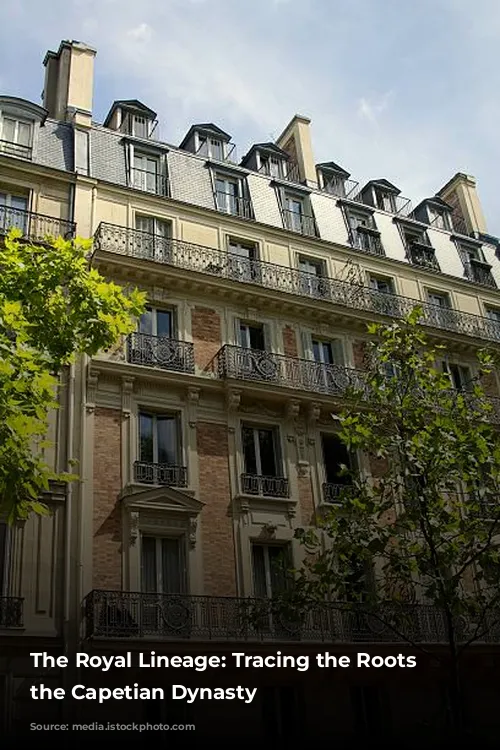
The Rise of the Robertians: From Nobles to Kings
The Robertians played a pivotal role in the Carolingian aristocracy, forging alliances through marriage. Their influence extended to the royal family itself, culminating in the ascension of Odo (reigned 888-898) and Robert I (reigned 922-923) as Frankish kings. These monarchs, brothers from the Robertian family, ruled over West Francia during the Carolingian era.

The Capetians: A New Era for France
Hugh Capet, the descendant of this lineage, ascended the throne in 987, becoming the first Capetian king of France. His reign marked the beginning of a new era, solidifying the Capetians as the rulers of France. They ruled for centuries, their reign interrupted only by the French Revolution and the Napoleonic Wars. Even after the revolution, their legacy continued, with descendants of the Capetian dynasty still reigning in Europe today.
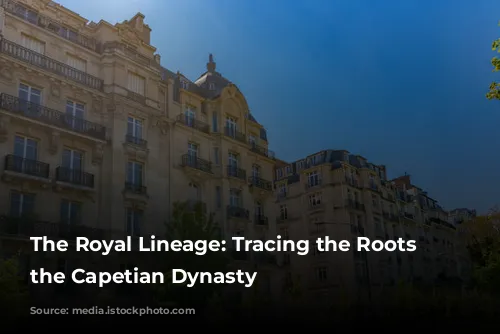
A Legacy that Endures: The Capetian Dynasty’s Lasting Impact
The Capetians’ legacy is etched in the history of France, Spain, and Luxembourg, showcasing the enduring power of a single family. Their rise to power from humble beginnings reflects the complex tapestry of European history, where family alliances, political maneuvering, and sheer ambition played crucial roles in shaping the destiny of nations. The Capetian dynasty serves as a reminder of the enduring influence that families can have on the course of history.

